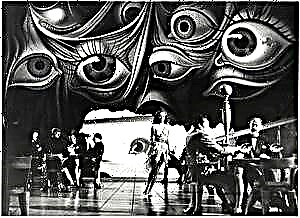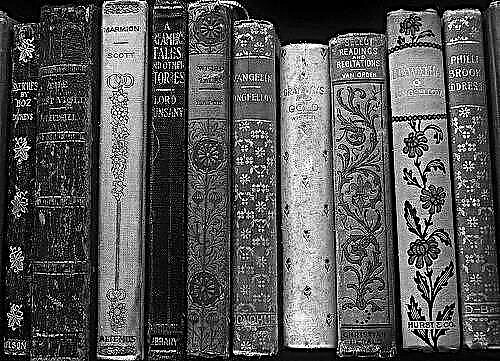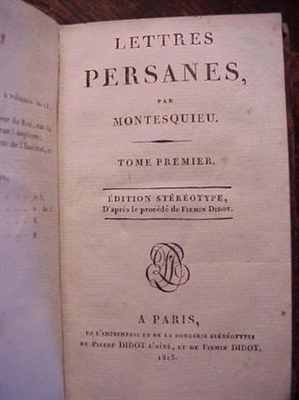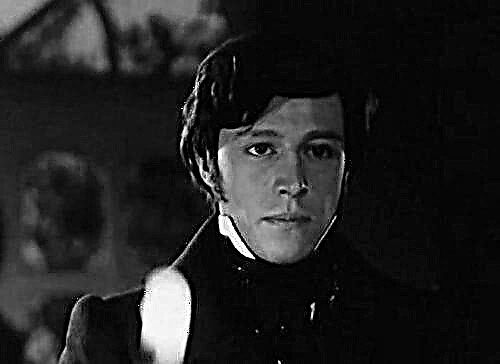The Pushkin’s elegy, familiar to many, “The daylight has gone out,” opens a cycle of Crimean elegy, which also included “The flying ridge is thinning clouds ...” “Who saw the land where the luxury of nature ...”, “Forgive me jealous dreams” and so on. In addition, it is the starting point of the romantic period in the work of the poet.
History of creation
In 1820, Pushkin was sentenced to exile in Siberia for excessively freethinking poems. But, thanks to his friends, the punishment was mitigated, and, instead of northern captivity, the poet was transferred south to the Chisinau office.
A little later, Pushkin became seriously ill, and his friends Raevsky took him with them on a trip to the Caucasus and the Crimea in order to speed up the poet’s recovery. On August 18, 1820, they depart for Gurzuf on a ship. During this voyage, the author writes the elegy "The Daylight Has Faded."
Genre, direction and size
The poem "The Daylight Has Quenched" is a philosophical elegy. It represents the sad thoughts of the lyrical hero about parting with his native shores, with his early youth, with his beloved friends.
Elegy is a favorite genre of romantic poets, including Byron, whose work Pushkin loved very much. Alexander Sergeevich even writes in the subtitle: "Imitation of Byron." Thus, "The Daylight Has Faded" is an example of romantic lyrics.
The poem “The Daylight Has Quenched” is based on a cross-rhyme iambic iamba.
Composition
Thanks to refrain (repetition), elegy is conditionally divided into three parts.
- The first part consists of two lines and serves as a kind of introduction that creates a romantic atmosphere;
- In the second part, the lyrical hero thinks about his abandoned homeland, recalls the exciting past that leaves with his native coast, but at the same time, hopes for a happy future in new places;
- The third part is the opposition of the desire to escape from the native land and memories that are so important for the lyrical hero. In this part, the last two lines before the refrain also summarize the poem.
Images and Symbols
The elegy is mainly a ship carrying a lyrical hero to new shores. The ship itself is a symbol of the hero’s new aspirations for the unknown and an escape from the past. The second vivid image is a gloomy ocean, which can be considered as a symbol of sadness tormenting the hero, or a stream of unpleasant events surrounding him.
Both of these images convey the atmosphere of sadness, longing and anxiety with which the lyrical hero is absorbed, and at the same time, the image of the ship carrying the hero to new shores gives hope for something new, something better that awaits him ahead.
The state of the lyrical hero is as ambiguous as the surrounding landscape. He is tormented by longing and nostalgia, but at the same time, faith in a better future does not leave him.
Themes and mood
The poem represents the philosophical reasoning of the lyrical hero who has left his homeland and rushing towards new shores, as well as the feelings associated with these reasoning. So, the main theme is exile, which takes a person into the unknown and tears him from his homeland.
Of course, Pushkin writes about a hero who himself runs away from old worries to something new, but still yearns for his homeland and is afraid of unexpected changes. However, the mention of the hero’s voluntary escape is rather a tribute to the romantic tradition; Pushkin himself was an exile, exiled for freethinking. He sailed not along the “gloomy ocean”, but along the calm Black Sea, but he sailed to unfamiliar lands and to an unknown future. Both of these images serve to create the same romantic atmosphere. The reader creates a sad, but at the same time dreamy mood. Suddenly there, beyond the horizon, a change awaits a person?
Accordingly, we see the topic of hope. The hero believes that the future can still reward him for separation from his native home. Perhaps fate will be more affectionate with him in a new direction.
In addition, there is a theme of attachment to the home. The house is not a place, it is a temple of remembrance where we always find a secret corner for serious thoughts. The comfort of the native land cannot be replaced with anything, because the past is incorrigible. The fact that a person comes from somewhere cannot be corrected for the better, because each of us should have our own safe haven for nostalgia. Even despite the fact that the hero was deceived and abandoned in his homeland, it is felt that he will always remember about it.
Main idea
The meaning of the poem is expressed in the last lines before the refrain. The lyrical hero understands that his life has irreversibly changed, but he is ready to accept both the uncertainty of the future and his past. Moreover, his love, which he left behind, cannot be forgotten, since it is not subject to time and circumstances.
The main idea of the poem indicates the need to accept your fate. The poet has seen a lot of injustice, misfortunes and disappointments in his lifetime, but this does not prevent him from looking into the future with a smile, bickering with raging elements. He is still ready to fight for his happiness. At the same time, he is aware of what happened to him, accepts this, draws the necessary lessons and goes on, not focusing on evil. Yes, the wounds are not cured, but he does not recall cheating with insults.
Means of artistic expression
In the poem, Pushkin uses a combination of simple and clear speech and an elevated syllable. The elevated syllable is expressed in the frequent use of Old Church Slavs (for example, sail, drunk, brega) and periphrase (for example, daylight instead of the sun). The lofty syllable serves to create and deepen the romantic atmosphere, but, if it exists, the elegy is still easy to understand, thanks to the poet’s ability to correctly combine everyday speech and archaisms.
Pushkin uses many metaphors to create the atmosphere: a gloomy ocean, a familiar dream, a lost youth, and so on. The author did not pass by epithets either: his joy is light-winged, his delusions are vicious, and the seas are deceiving.












